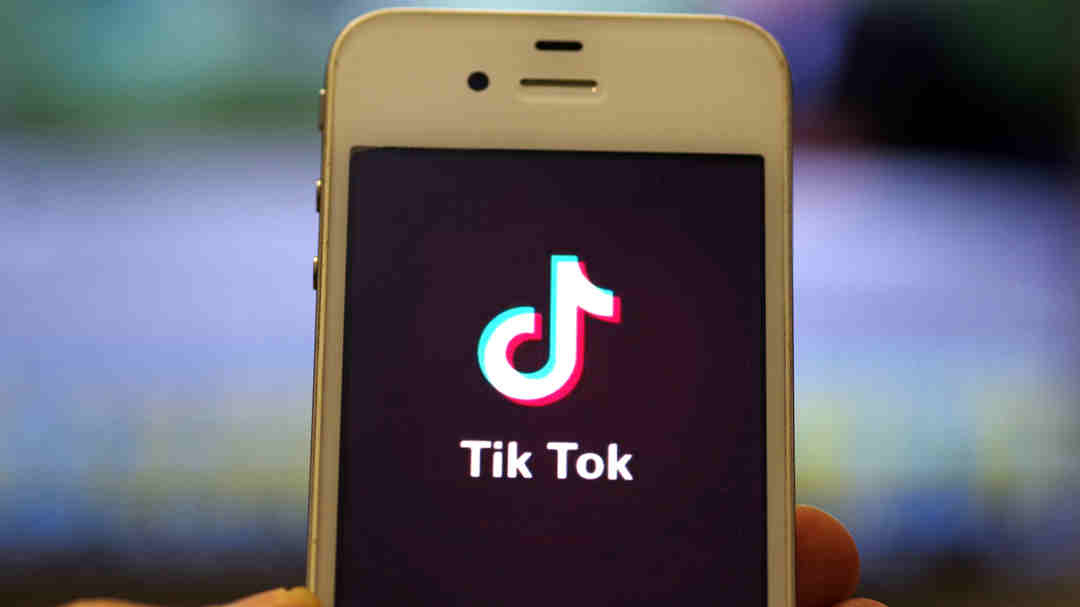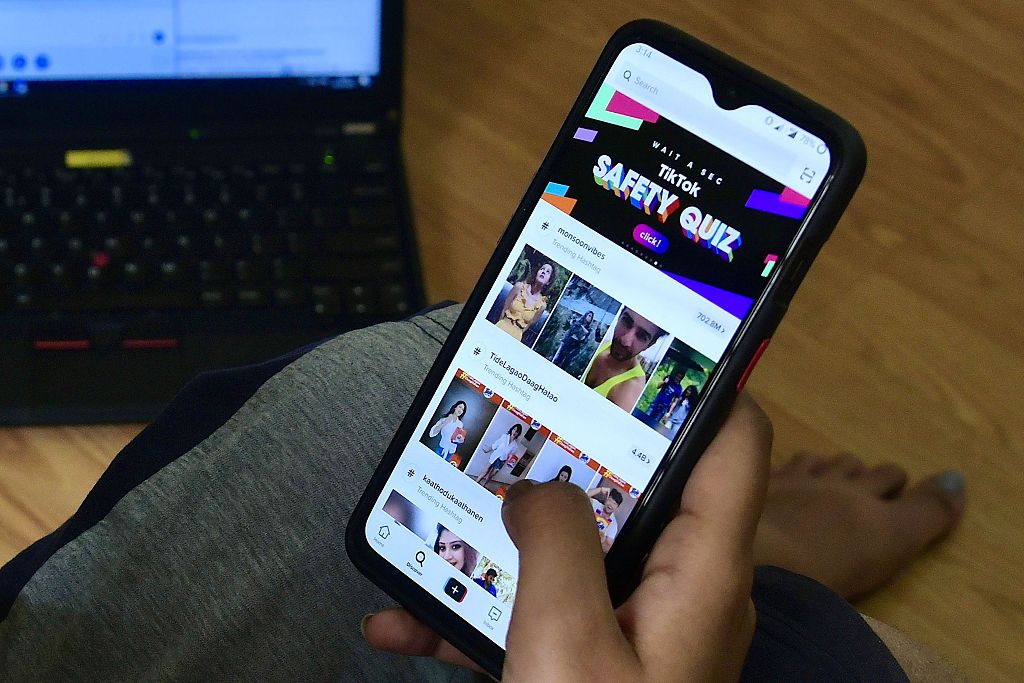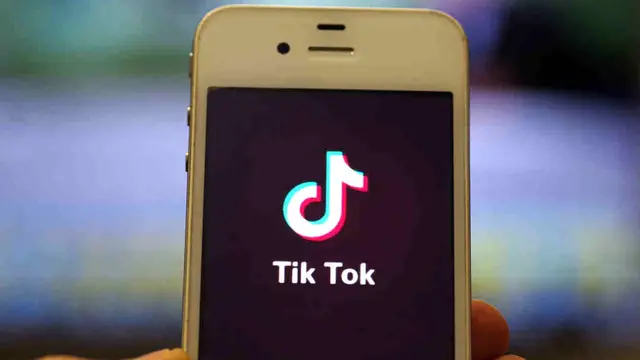
Editor's note: Stephen Ndegwa is a Nairobi-based communication expert, lecturer-scholar at the United States International University-Africa, author and international affairs columnist. The article reflects the author's opinions and not necessarily the views of CGTN.
In recent months, world leading social media apps Facebook and TikTok have been on the receiving end. The authorities in some of the countries they operate in have raised the red flag, citing the two private companies for ills that touch on their respective national security.
Facebook, the 15-year-old American social media conglomerate is the older and more popular of the two, with the number of users expected to reach 1.69 billion in 2020, up from 1.34 in 2014. Known popularly by its short form "FB," this is the big boy of social media in all respects.
On the other hand is the relatively new but fast rising Chinese TikTok short video sharing app, which according to
DataReportal
2020 statistics has 800 million active users worldwide. But not everyone has been happy with how this four-year-old app seems to have learnt to run before it can walk.
Consequently, it has started facing a backlash, mainly from Western countries led by the U.S. and Australia, with India uncharacteristically joining this bandwagon.
Early this week, U.S. Secretary of State Mike Pompeo indicated that President Donald Trump would soon ban TikTok from America, doubling down the administration's perennial accusations about Chinese espionage. For a couple of years, the U.S. has cast aspersions on multinational tech giant Huawei, using the same claims that it is now leveling against TikTok. The U.S. has also used the same strategy in an attempt to sabotage China's march to merited global 5G technology leadership.
But Pompeo should know better. ByteDance spokesperson's response that, "TikTok is led by an American CEO, with hundreds of employees and key leaders across safety, security, product, and public policy here in the U.S.," put paid to such wild allegations.
As if on cue, U.S. proxy Australia on July 7 also threatened action against TikTok, using the same lame excuse related of "fears the Chinese app poses a risk to national security and is feeding information to the Communist Party." For a better part of this year, the two countries have been involved in a diplomatic spat ostensibly because of China's role in spreading COVID-19.
But the unexpected of them is India, China's neighbor and erstwhile friend. The abrupt manner in which the second most populous country after China made this announcement fuels speculation that the TikTok ban is simply another blow under the belt by parties who have an axe to grind against China's, either politically or economically. According to 2020 statistics, TikTok has 119.3 million users in India, the largest in the world.

An Indian mobile user browses through the video-sharing app TikTok on a smartphone in Amritsar, India, June 30, 2020. /VCG
India could be retaliating against China for the June 15 deadly border skirmishes where it reportedly lost 20 soldiers. TikTok is a soft target both politically and economically.Basically, experts are not fooled that the threatened TikTok ban in these countries has anything to do with the official line given in their respective statements. It is the U.S. instigated trade war taken to another level.
So far, none of these countries has made the ban definite, maybe testing the waters for reactions from other parts of the world. But for countries who claim to respect innovation and free enterprise, this gagging action against Chinese technology exposes both their insincerity and doublespeak.
The countries are also undergoing a conviction of conscience. Accusations of Chinese spying by technology have previously come to nought, as no evidence whatsoever has ever been adduced to this effect. If there was, the accusers would already have raised so many red flags by now. In any case, these countries have the technological wherewithal to audit these technologies for any breach.
For America, banning TikTok is akin to throwing stones in a glass house. Its own Facebook has been going through a credibility crisis after several top brands withdrew their advertisements for the social media firm's non-action on hate speech, and other infringements on civil rights.
Apparently inspired racial hate tweets by Trump following the subsequent riots from the recent death of black American George Floyd has drawn widespread wrath from many companies. On July 8, the final report released by Facebook's independent commissioned two-year audit surprisingly called out founder and CEO Mark Zuckerberg for "vexing and heartbreaking decisions," for allowing Trump's racist posts on the platform without censure.
But we have not any U.S. ally, or even America's political elite, threatening Facebook with some banning action. Pulling advertising worth a few million dollars for a billion-dollars' worth company is like a slap on the wrist. Moreover, previous summons of Zuckerberg by Congress for corporate wrongdoing has also not dented his brand, thus emboldening his resolve.
Well, you can fool some people some time, but you cannot fool all the people all the time! We expect someone in the U.S. to rise to the occasion and threaten Facebook with suspension until it pulls down all posts that touch on any form of hate.
(If you want to contribute and have specific expertise, please contact us at [email protected])
 简体中文
简体中文

